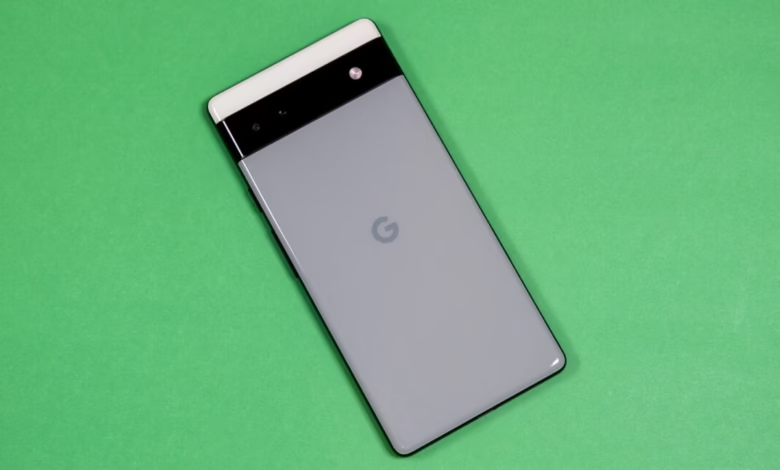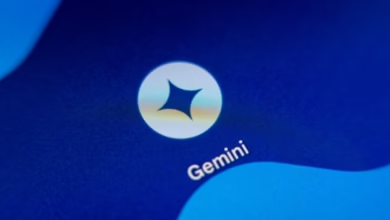Google’s Pixel Battery Issues Continue With Second Nerf This Year

▼ Summary
– Google’s Pixel phones are highly regarded for their cameras and long support but are gaining a reputation for battery defects.
– Google has announced software updates that will make some older Pixel models, like the Pixel 6a, nearly unusable due to battery management features.
– Lithium-ion batteries degrade over time due to wear and tear, leading to issues like flammable gas buildup and internal shorts.
– Battery degradation accelerates with heat, which can eventually cause thermal runaway, a dangerous condition leading to fires.
– Google’s updates aim to mitigate risks but highlight the need for better battery components and customer care.
Google’s Pixel smartphones have earned praise for their cutting-edge cameras and long-term software support, but a growing battery controversy threatens to overshadow these strengths. For the second time in twelve months, the tech giant is rolling out software updates that significantly reduce battery performance on older devices, leaving users with limited options.
The latest July Android update targets the Pixel 6a, introducing what Google describes as “battery management features.” While intended as a safety precaution, the changes effectively cripple the phone’s usability. This follows a similar move earlier in the year when the Pixel 4a received an update that slashed its battery capacity. Though Google claims these measures are necessary to mitigate risks, critics argue the company should prioritize higher-quality components and better long-term solutions rather than forcing premature obsolescence.
The Science Behind Failing Batteries
Lithium-ion batteries dominate modern electronics due to their high energy storage and reliability, but they aren’t without flaws. Repeated charging cycles degrade internal components over time. Electrolytes, the conductive medium inside batteries, can break down, producing flammable gases that cause swelling. Another common issue involves dendrites, needle-like lithium formations that grow inside cells, potentially piercing barriers and triggering dangerous short circuits.
Heat accelerates these problems, making fast charging and prolonged usage particularly damaging. In extreme cases, excessive wear can lead to thermal runaway, a chain reaction where overheating causes electrolytes to vaporize and ignite. Once this process starts, the intense heat releases stored energy explosively, making lithium-ion fires notoriously difficult to contain.
While Google’s updates aim to prevent catastrophic failures, the approach raises questions about sustainability and consumer choice. Instead of pushing updates that degrade performance, manufacturers could explore more durable battery designs or offer affordable replacement programs. For now, Pixel owners face a frustrating dilemma: accept reduced functionality or risk potential hazards.
(Source: Ars Technica)





